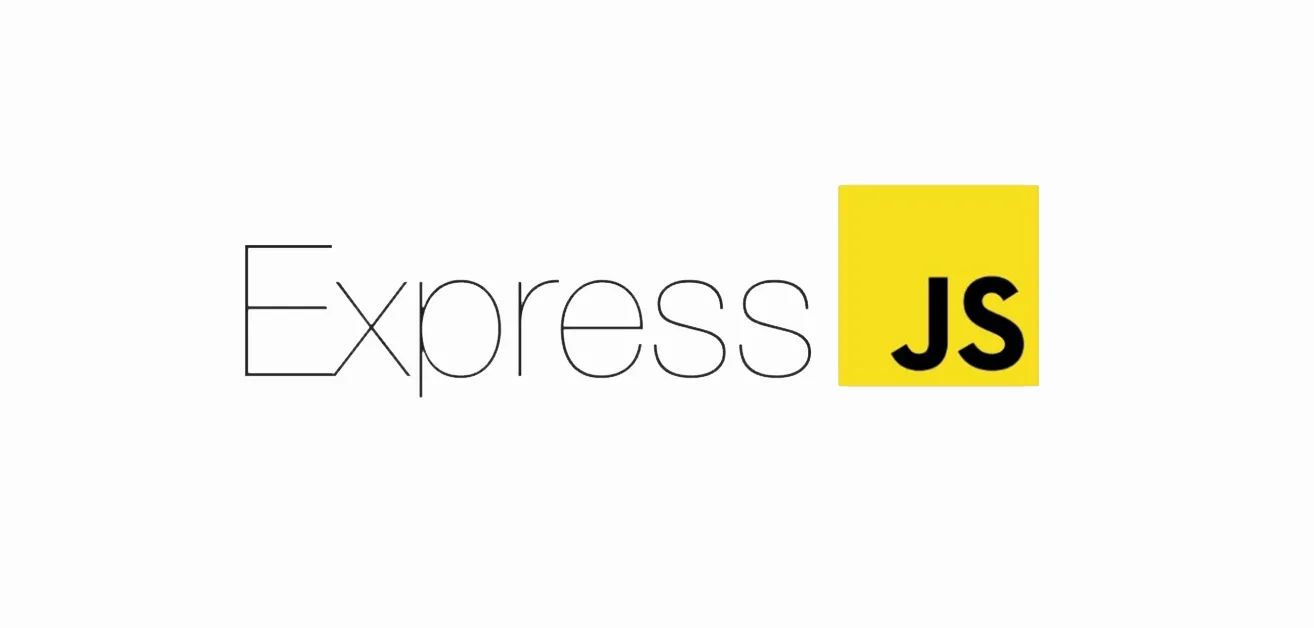Core features of Express.js

What is Express.js ?
Express.js, commonly referred to as Express, stands as a powerful back-end web application framework designed for building RESTful APIs with Node.js. It is freely available and open-source, distributed under the MIT License. Express is tailored for the development of web applications and APIs, often considered the de facto server framework for Node.js. Its simplicity, coupled with an extensive array of features available as plugins, makes it a preferred choice among developers.
TJ Holowaychuk, the original author, likened Express to a Sinatra-inspired server, underlining its simplicity and versatility.
Why Choose Express.js?
Express.js was conceived to simplify the process of building APIs and web applications, significantly reducing development time. Here are some compelling reasons to opt for Express:
-
Time Efficiency: Express streamlines the development process, reducing coding time significantly.
-
JavaScript Ecosystem: Being written in JavaScript, Express seamlessly integrates with the JavaScript ecosystem, making it easy to learn and implement.
-
Asynchronous: Express leverages the asynchronous nature of Node.js, enhancing performance and scalability.

Key Features of Express.js
Express.js boasts several features that contribute to its popularity:
-
Fast Server-Side Development: Leveraging the capabilities of Node.js, Express facilitates rapid development.
-
Middleware: Express employs middleware, providing a flexible and modular approach to request handling within the application's request-response cycle.
-
Routing: It offers robust routing mechanisms, allowing developers to define how the application responds to client requests.
-
Templating: Express supports various templating engines, enabling the creation of dynamic content on web pages through server-side HTML template rendering.
-
Debugging: Express simplifies debugging processes by pinpointing the exact location of errors, aiding in efficient troubleshooting.
Advantages of Express.js
Express.js offers several advantages that contribute to its widespread adoption:
-
Customization: Express is unopinionated, allowing developers to tailor the framework according to their specific requirements.
-
Middleware Support: The middleware architecture enhances flexibility in request handling.
-
Unified Language: With JavaScript being used for both frontend and backend development, Express facilitates seamless integration between the two layers.
-
Database Integration: Express seamlessly integrates with various databases like MySQL, MongoDB, etc., facilitating efficient data management.
-
Dynamic Rendering: Express enables dynamic rendering of HTML pages based on template arguments, enhancing user experience.
Limitations of Express.js
Despite its numerous advantages, Express.js does have some limitations:
-
Structural Complexity: In some cases, organizing code in Express applications can become challenging, leading to reduced code readability.
-
Callback Issues: Dealing with callbacks in Express can sometimes lead to callback hell, complicating the code structure.
-
Error Handling: Error messages in Express applications may not always be straightforward, making debugging and troubleshooting more challenging.
At Laxaar, we utilize Express.js for building RESTful APIs with Node.js. Our portfolio, encompassing projects for 77+ premium clients, attests to our commitment to delivering high-quality products and exceptional after-sales services. We provide round-the-clock product support and offer partner benefits to ensure client satisfaction.
For inquiries regarding website or mobile app development and to obtain a free quote or estimate, visit Laxaar's website.
Consult us for free?
View More


